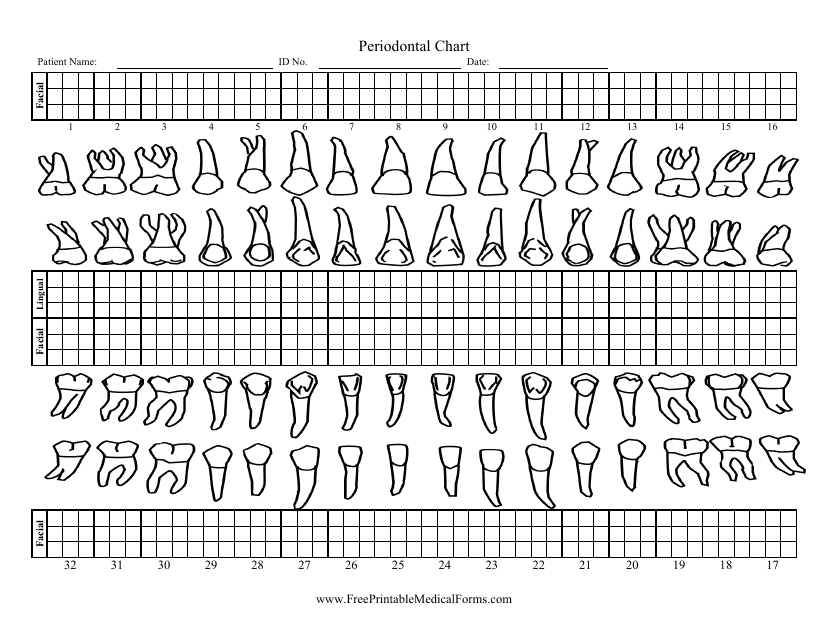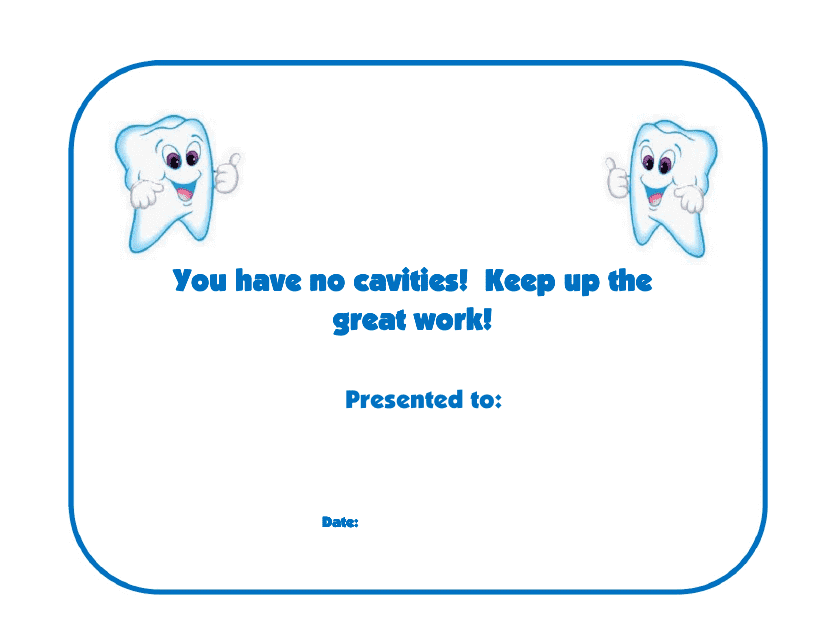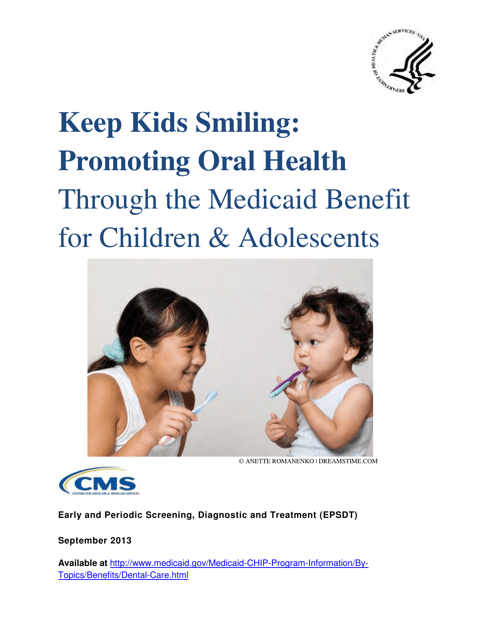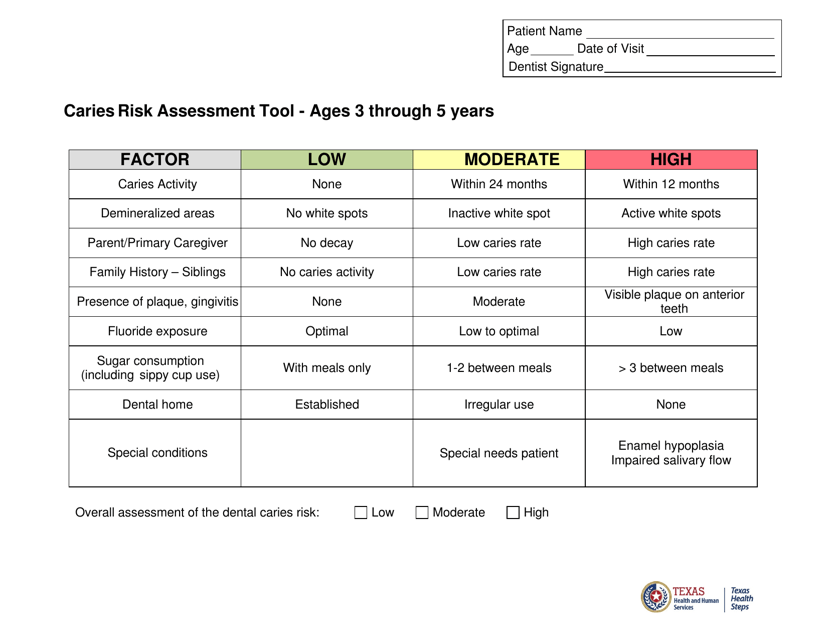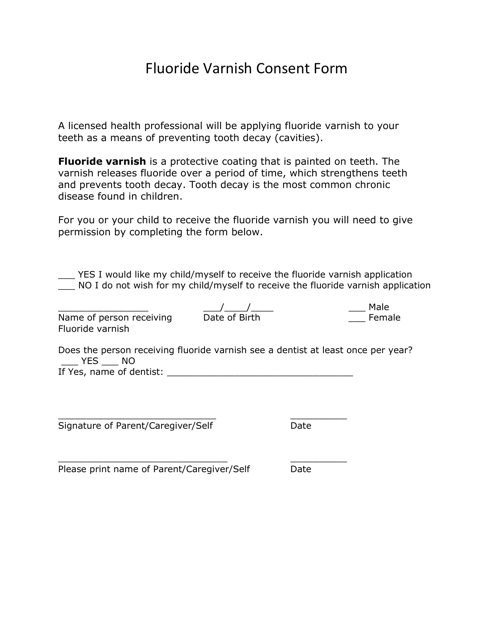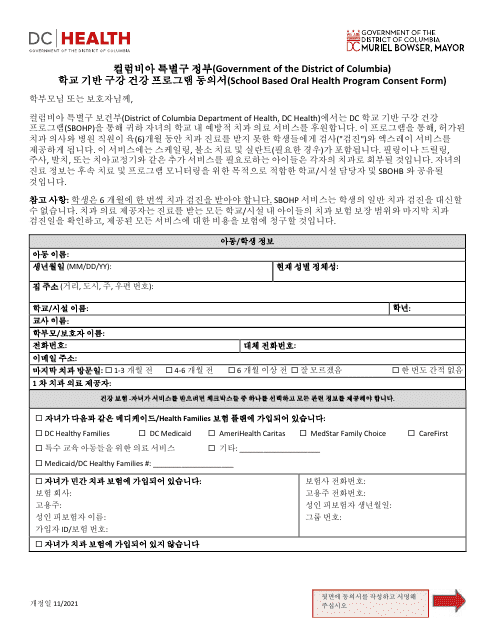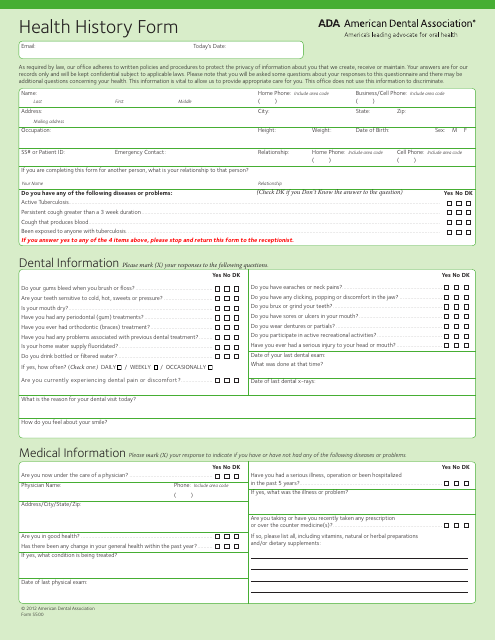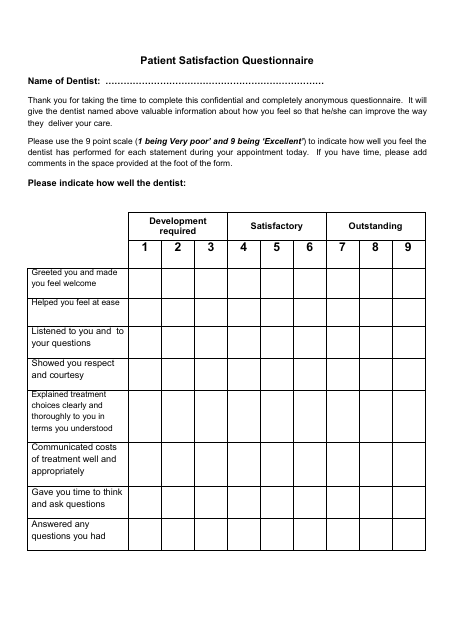Dental Visit Templates
When it comes to maintaining optimal oral health, regular dental visits are essential. These dental visits, also known as dental check-ups or dental appointments, play a crucial role in preventing dental problems and ensuring a healthy smile.
During a dental visit, your dentist will perform a comprehensive examination of your teeth and gums. They will assess your oral health, check for any signs of tooth decay, gum disease, or other dental issues. Additionally, your dentist may utilize specialized tools such as a periodontal chart template to accurately record the condition of your gums and identify any potential periodontal disease.
One of the highlights of a dental visit is the opportunity to receive recognition for maintaining good oral health. Dentists often provide certificates, like the "No Cavities Award Certificate Template," as a way to acknowledge patients who have shown excellent dental hygiene practices. This recognition can be a motivating factor for individuals to continue their oral care routine and strive for cavity-free teeth.
Furthermore, dental visits may involve assessments and procedures designed specifically for certain age groups. For instance, the "Caries Risk Assessment Tool - Ages 3 Through 5 Years" is a valuable resource used in Texas to evaluate the risk of tooth decay in young children. Understanding an individual's risk level allows dentists to provide personalized preventive recommendations and interventions that can help protect their teeth and overall oral health.
Consent forms are another important aspect of dental visits, especially when it comes to specific treatments or interventions. For instance, the "Fluoride Varnish Consent Form" is used in North Dakota to ensure patients are informed about and agree to the application of fluoride varnish, a preventative treatment that helps strengthen tooth enamel and reduce the risk of cavities.
In some cases, dental visits are not limited to the traditional dental office setting. Schools may play an active role in promoting oral health by offering programs such as the "School Based Oral Health Program." This program, exemplified by the Washington, D.C. (Korean) consent form, aims to provide oral health services to students in a convenient and accessible manner, ensuring their dental needs are met, even during school hours.
In summary, dental visits are a fundamental part of maintaining good oral health. They involve comprehensive examinations, the use of specialized tools, and the opportunity for recognition of excellent oral hygiene practices. Additionally, specific assessments, consent forms, and programs cater to different age groups and settings, ensuring that everyone can access quality dental care. Make sure to schedule regular dental visits to keep your smile healthy and beautiful.
Documents:
9
This document is a template used in dentistry for recording and documenting information about a patient's gums and teeth, including measurements and observations. It helps dentists track and monitor oral health conditions such as periodontal disease.
This document provides award certificate templates for individuals who have taken good care of their braces.
This document promotes oral health for children and adolescents through the Medicaid benefit. It provides information and guidelines on how to keep kids' teeth healthy.
This document is a Caries Risk Assessment Tool for children ages 3 through 5 years in Texas. It helps assess the risk of tooth decay in young children.
This consent form is used in North Dakota for applying fluoride varnish to protect teeth from cavities.
This document is used for obtaining consent for the School Based Oral Health Program in Washington, D.C. The form is available in Korean.
This form is used for collecting a patient's health history information before a dental appointment. It helps the dentist assess any potential risks or complications during the treatment.
This type of document is utilized for collecting and evaluating feedback from patients about the dental services they received. It aids in improving dental care quality and patient experience.

